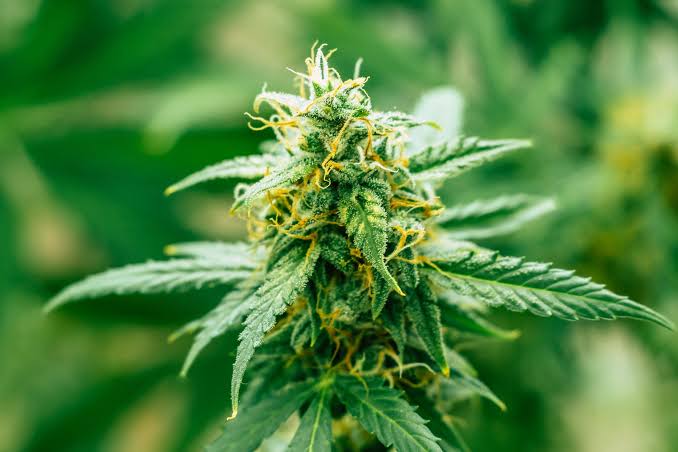USDA Forest Service researchers discover reduction in illicit cannabis grows in national forests
“Recreational cannabis legalization is associated with decreased reports of illegal grow operations on national forests,” confirmed the researchers
A study recently published in Ecological Economics titled, “Cannabis legalization by states reduces illegal growing on US national forests,” has shed some light on the impact that recreational cannabis legalization has had on the number of cannabis cultivation sites operating illegally in national forests.
Based on statistics accumulated by USDA Forest Service researchers, the number of illicit grow operations reduced between the years 2004 and 2016. Data suggests that the legalization of adult-use cannabis in various U.S. states actually deterred growers from operating outside of the law.
This is good news for the cannabis industry and its consumers, due to the fact that street weed is unregulated and untested. As a result, illegally-grown cannabis is often contaminated and in many cases, unsafe for consumption. It is also good news for the environment, since national forests may become polluted by chemical fertilizers and pesticides that are favored by illegally-operating cannabis cultivators.
Grow operations in national forests decline following cannabis legalization
“Recreational cannabis legalization is associated with decreased reports of illegal grow operations on national forests,” confirmed the researchers, who cross-sectioned their data with state cannabis laws and the date of enactment in each state.
As of July 2019, 11 U.S. states and the District of Columbia have legalized cannabis for recreational purposes. Thanks to the implementation of recreational cannabis laws, illegally-operating cultivation cartels have been discouraged by minimum sentences that they run the risk of facing for unlawful involvement in cannabis cultivation, sale and possession.
Unlike illegally-grown bud, legal cannabis is taxed. This means that illicit growers can undercut the legal market on pricing. Nonetheless, illegal growers are being driven away from national forests by strict cannabinoid regulation and stiff prison sentences; cannabis remains illegal under federal law and so, cultivating narcotic plants without adequate licensing can result in a stint behind bars.
Cannabis grows in national forests will eventually disappear, researchers say
The USDA Forest Service researchers concluded that they believe the biggest reduction in illicit cannabis grows would be noticeable in California, which is known for being home to one of the largest legal and illegal cannabis markets in the entire nation.
Despite the fact that California’s legal cannabis market is forecast to be worth $5.6 billion by next year, black market growers and dealers are a major threat to the state’s dispensaries. According to the U.S. Department of Justice, the vast majority of cannabis sold on the black market is cultivated on illegal sites in national forests.
However, if the data from USDA Forest Service researchers is anything to go by, illicit cannabis grows in national forests throughout the U.S. could be completely abolished in the near future.
Plus, with recent reports revealing a surge in the number of fines, raids, seizures and arrests among illegally-operating cartels throughout California, action is being taken to stop unlawful growers and sellers from stealing profits from licensed cannabis companies.














